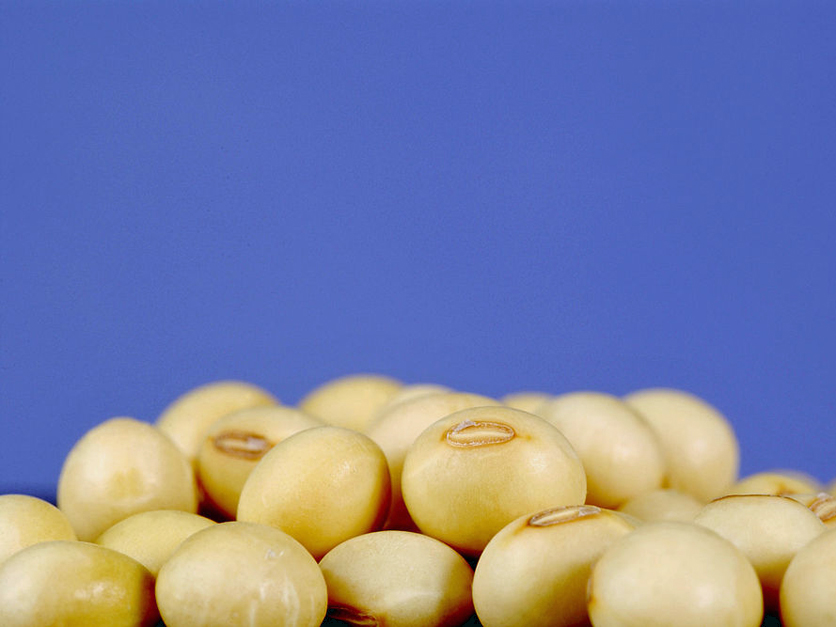Chinese officials have agreed to continue to accept U.S. soybean shipments even if they contain more than the 1 percent limit China sets on unwanted foreign material, according to U.S. government officials.
The U.S. exports billions of dollars of soybeans to China every year, so when Chinese government officials raised a complaint in September that there was too much waste material, or dockage, in U.S. shipments, USDA officials scrambled to placate the world’s largest importing country. China buys about one of every four rows of soybeans produced in the U.S.
So far they have succeeded. According to three U.S. government officials, China earlier this month agreed not to reject shipments with more than 1 percent foreign material so long as those shipments were certified as exceeding the cap, said the officials, who spoke on terms of anonymity because the deal with China has not yet been made public. However, shipments will not be treated equally, said one of the officials.
“The shipments will be accepted if it’s more than 1 percent, but they will be subject to treatment or cleaning, as China sees fit,” which could delay arrival at markets, one U.S. official told Agri-Pulse. “China’s going to prioritize the shipments that have less than 1 percent foreign material.”
Beginning Jan. 1, USDA's Federal Grain Inspection Service will start testing all soybean exports to China and issuing certificates, the official said, and the agency is busy now publishing a directive for its field offices to make sure everyone is aware of the new requirement.
Representatives of the U.S. Soybean Export Council (USSEC), the North American Export Grain Association (NAEGA) and National Grain and Feed Association (NCGA) were all informed on Monday of China’s acceptance of the deal. Officials from all three groups declined to talk about the agreement.
The U.S. official said it is hoped that by this time next year, the certificates won’t be needed because U.S. shippers will have taken steps to clean up their cargos.
“Next year when we have another bilateral meeting (with China), they are going to evaluate the program’s effectiveness and decide if revisions are needed,” a U.S. government official said.



